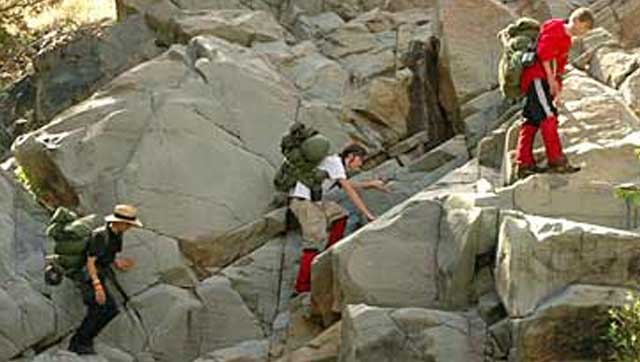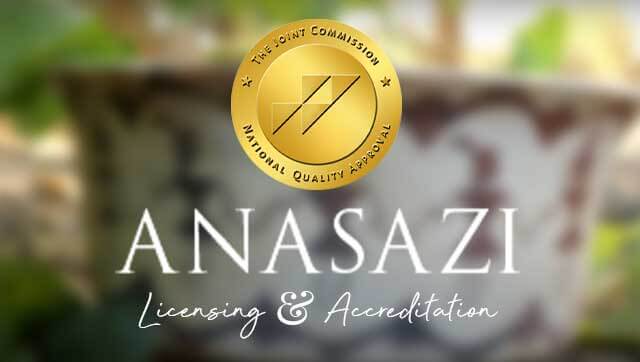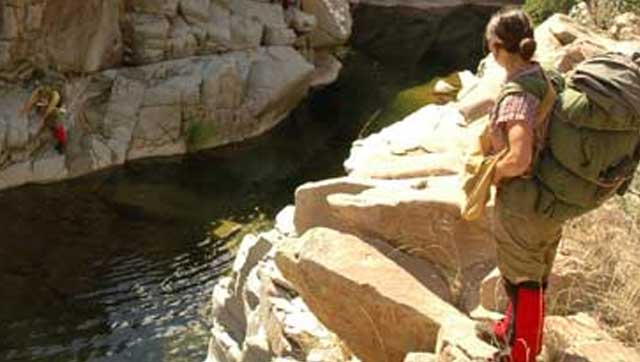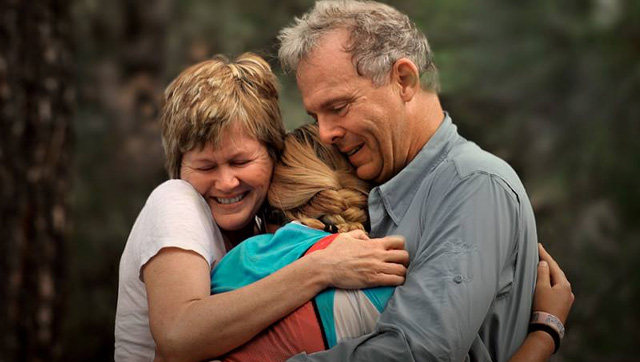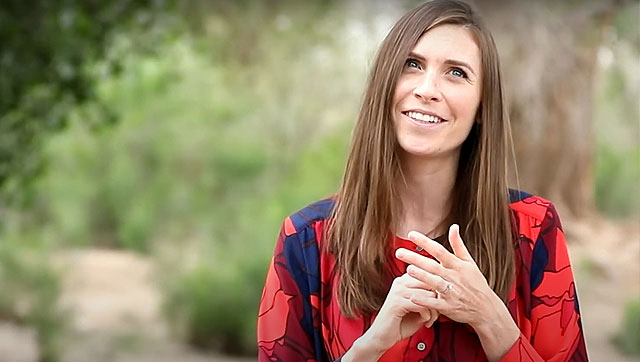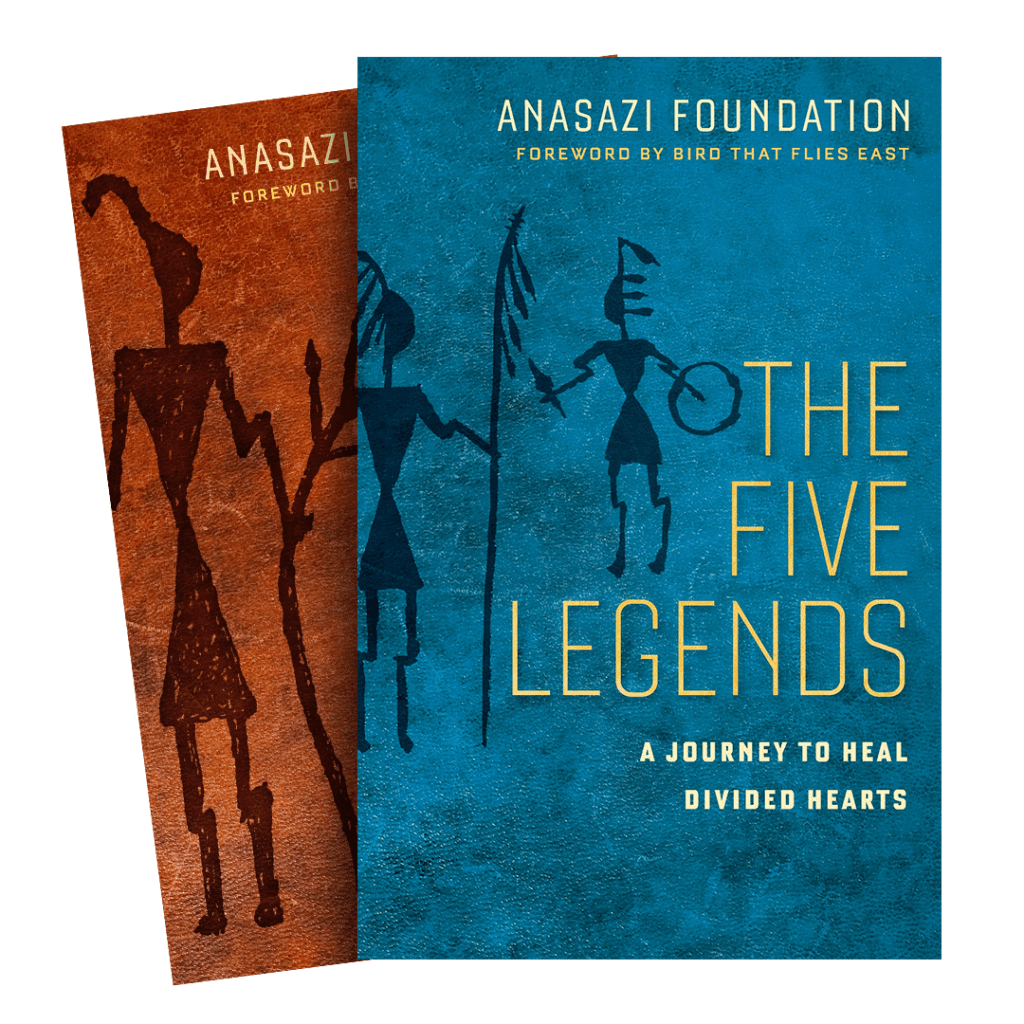In some families, parents find themselves unable to enter helpful conversations with a son or daughter. Attempts to talk about concerns result in a conversation of blame through words or silence. The times for teaching and learning together are few and far between, if not at all. For these families, we offer an opportunity to significantly improve their relationship through a “walking” in the wilderness.
Therapeutic Approach
ANASAZI Foundation programs employ a holistic, bio-psychosocial-spiritual approach to treatment. This approach recognizes the influence of mind, body, heart and spirit in the growth and development of individuals and families.
Biological
The biological component addresses diet, exercise, sleep habits, substance abuse and medication issues—all of which impact a person’s moods, reasoning abilities and resiliency (the ability to cope with and “bounce back” from the challenges of everyday living). Participants are taught the essentials of a healthy lifestyle and the importance of applying that knowledge in their lives.
Psychological
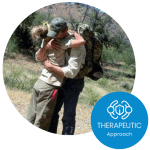

Social
Systems theory acknowledges the importance of relationships in the development of adolescents and young adults. From the moment a participant or “YoungWalker” arrives at our offices, staff work to build a positive relationship with the YoungWalker in order to reduce his/her resistance and to promote self awareness and introspection. Teens are unlikely to consider alternatives to their current ways of thinking, feeling, and behaving if they perceive the environment as hostile, controlling and punitive.
While recognizing the need for structure, maintaining order, and insuring safety and accountability of program participants, ANASAZI staff members use less-restrictive methods—developed and proven throughout almost 40 years of experience working with youth—which reduce resistance and invite cooperation and participation. Rather than using the traditional psychological terminology that many youth are resistant to and conditioned to reject, ANASAZI has developed its own “language,” drawn from aspects of the Native American culture and metaphors from nature, to engage the YoungWalker’s imagination and curiosity.
Decades of research on the elements that facilitate change in the therapeutic process indicate that the key factors are the quality of the therapeutic relationship and the ability to instill hope that lasting change can occur. At ANASAZI, we believe that the parent-child relationship has the potential to be the most therapeutic relationship in a child’s life. For that reason, we focus as much attention on the parents/caregivers as we do on the adolescent. Parents attend 8-10 hours of seminars designed to teach essential principles of compassionate and growth-promoting relationships. Parents also participate in the development of their own comprehensive bio-psychosocial-spiritual treatment plan and in weekly family-therapy sessions focused on the progress of both child and parents.
Spiritual
The spiritual component of the program invites the YoungWalker and parents to explore family faith traditions and beliefs and the role those beliefs and values play in their lives. Research indicates that children who share a commitment to their family’s beliefs, typically do better in life. Generic references to “the Creator,” as typified in some Native America traditions, are used rather than any specific references to the Deities of particular religions or denominations. ANASAZI therapists and other staff members are sensitive to those families with no religious or spiritual beliefs and will always respect their decisions to leave spirituality out of the treatment process. ANASAZI is not affiliated with any specific religious denomination and does not endorse a particular belief system.
Milieu
ANASAZI creates an environment that invites change. A successful milieu requires that all staff be trained in the intervention model and that every interaction between staff and program participants—both parents and children—be consistent with the milieu philosophy and intervention model. Because ANASAZI employees are expected to model the principles we are inviting families to embrace and apply in their lives, we select only those individuals whose personal lives also reflect those values, attitudes, and behaviors.
Noted psychologists and philosophers long ago recognized that certain transcendent human needs exist and that the desire to meet those needs drives the decision-making process. The need to love and be loved is considered to be the seminal human need. Problems arise when families are unable to meet those needs in constructive ways or when youth choose behaviors that may be intended to meet the needs, but instead produce negative results.
Treatment groups or “bands,” in effect become surrogate families where YoungWalkers are given opportunities, in a real-life setting, to learn and implement the values of responsive relationships. Staff members model authoritative, compassionate parenting by serving participants and accepting/encouraging participants to serve group members in return. Conflict-resolution skills are taught, and YoungWalkers are encouraged to see others as people whose wants, needs, hopes and fears are just as valid as their own (rather than seeing others as objects that exist merely to meet their own selfish needs).
Parental involvement in treatment is essential to maintaining whatever progress a YoungWalker makes and to promote further growth and improvement. Each family receives a comprehensive aftercare plan that includes monthly phone contact though our Alumni Services department and optional monthly parent coaching calls, which review program intervention principles and allow parents to discuss their application in specific circumstances.
The Wilderness
The wilderness offers a unique therapeutic environment. It provides a novel and somewhat foreign environment that requires adaptation and the learning of new skills. It challenges the existing norms, rules and methods to which teens and parents have become accustomed. It also provides an environment free of the over-stimulation and distractions common to adolescent life and invites peaceful introspection. ANASAZI utilizes the best of this change-promoting environment, without using the wilderness as a tool of manipulation or punishment. We believe that if a child can learn to live in harmony with the unique and challenging environment of the wilderness, he/she can learn to adapt to and live in harmony with, their families, schools and communities. The combination of our unique and engaging experiential wilderness curriculum with top-quality clinical methods provides a powerful, synergistic intervention that motivates and promotes lasting change.








